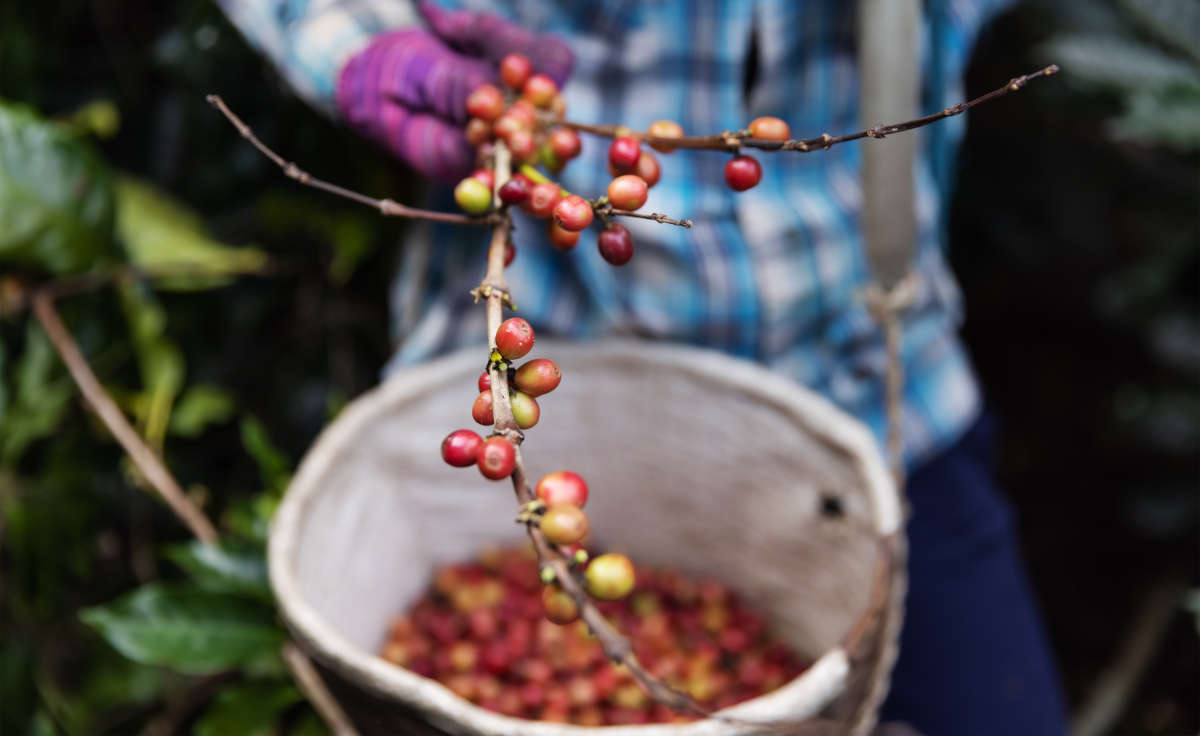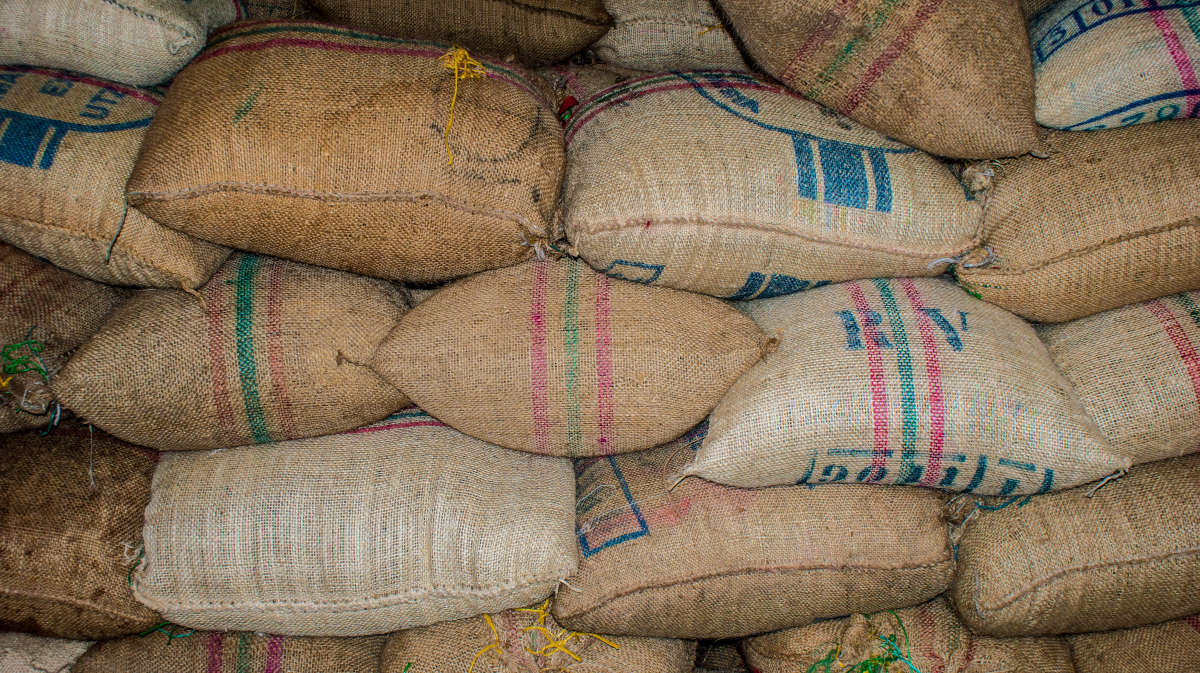Ethiopian coffee much like Peruvian coffee is renowned globally for its incredible coffee. A country located in the Horn of Africa, known for being the birthplace of coffee.
The country is also known to have some of the best coffee beans in the world, with a distinct and unique flavour profile that sets it apart from other coffee-growing regions.
Ethiopia is home to a diverse range of coffee-growing regions, each with its own unique microclimate and soil conditions.
These conditions, combined with the traditional methods of growing, harvesting, and processing coffee in Ethiopia, result in a cup of coffee that is unlike any other.
But what makes Ethiopian coffee so special like Kona Coffee?
And is it truly the best in the world? In this article, we will explore the history and production of Ethiopian coffee, as well as its flavour profile and brewing methods.
but before I dive right in, you definitely should check out our knowledge base so you can select by topic that's most relevant to what you want
The History of Ethiopian Coffee
Ethiopian coffee is believed to have originated in the highlands of Ethiopia, where it is said to have been discovered by a goat herder named Kaldi.
According to legend, Kaldi noticed that his goats became energetic and playful after eating the berries from a certain tree.

He tried the berries himself and experienced a similar effect, leading him to discover the stimulating properties of coffee.
From Ethiopia, coffee spread to the neighbouring countries of Yemen and Arabia, where it was cultivated and traded.
The Arabs were the first to develop a method of roasting and grinding the coffee beans, as well as the first to brew coffee using boiling water.
In the 16th century, coffee made its way to Europe, where it quickly became popular among the wealthy elite.
By the 17th century, coffee houses had become a common sight in cities across Europe, and coffee was being cultivated in many of the European colonies.
Today, coffee is grown in many countries around the world, from Brazil to Vietnam.
However, Ethiopia remains one of the world's leading producers of coffee, with an estimated annual production of over 400,000 metric tons.
Even crazier is the fact that citizens of Ethiopia consumes 50% of the total amount of coffee produced.
According to Stir-tea-coffee.com, this number may rise up to 55% in the coming years which is mind blowing.
The Flavour Profile of Ethiopian Coffee
Ethiopian coffee is known for its unique and complex flavour profile, which is the result of a combination of factors including the region in which the coffee is grown, the altitude, the climate, and the processing method.
Ethiopian coffee is well-known for having a distinct fruity flavour, with notes of citrus, berry, and floral tones.
The coffee is often described as having a "bright" or "lively" flavour, with a pleasant acidity and a smooth, creamy finish.
The flavour of Ethiopian coffee can vary depending on the region in which it is grown.
For example, coffee grown in the Sidamo region is known for its floral and citrus notes, while coffee grown in the Yirgacheffe region is known for its berry and chocolate notes.

The climate and growing conditions of EthiopiaEthiopia has a diverse range of coffee-growing regions, each with its own unique climate and soil conditions.
The high altitude and warm, sunny climate of Ethiopia's coffee-growing regions are ideal for coffee production.
The coffee plants in Ethiopia are typically grown at altitudes of between 1,500 and 2,000 meters above sea level.
This high altitude, combined with the warm temperatures and plenty of sunshine, provides the ideal conditions for the coffee plants to thrive.
In addition to the climate, the soil conditions in Ethiopia are also conducive to coffee production.
Recommended For You: Kenya Coffee Ultimate Guide (History & Where To Buy)
The coffee plants in Ethiopia are grown in fertile, well-drained soil that is rich in organic matter.
This allows the coffee plants to absorb the nutrients they need to produce high-quality coffee beans.
The Coffee Beans in Ethiopia
Ethiopian coffee beans are known for their high quality and unique flavour profile. The coffee plants in Ethiopia produce small, round coffee beans.
Ethiopian coffee plants are relatively small compared to those grown in other countries, with shrub-like trees that typically only grow to about 10 feet in height.

The coffee beans themselves are also relatively small, with a round or oval shape and a smooth, glossy surface.
Best Brewing Methods for Ethiopian Coffee
There are a few different brewing methods that are commonly used for Ethiopian coffee, each of which can produce a delicious and unique cup of coffee.
Some of the best methods for brewing Ethiopian coffee include the French press, pour over, and espresso.
The key to making great coffee with any of these methods is to start with high-quality, freshly roasted coffee beans and to use the right ratio of coffee to water.
You can experiment with different brewing techniques and ratios to find the perfect cup of Ethiopian coffee for your taste.
If you're looking to top up on Ethiopian coffee beans or ground coffee, head to our speciality coffee shop to discover our range of seasonally sourced and roasted coffees.


















